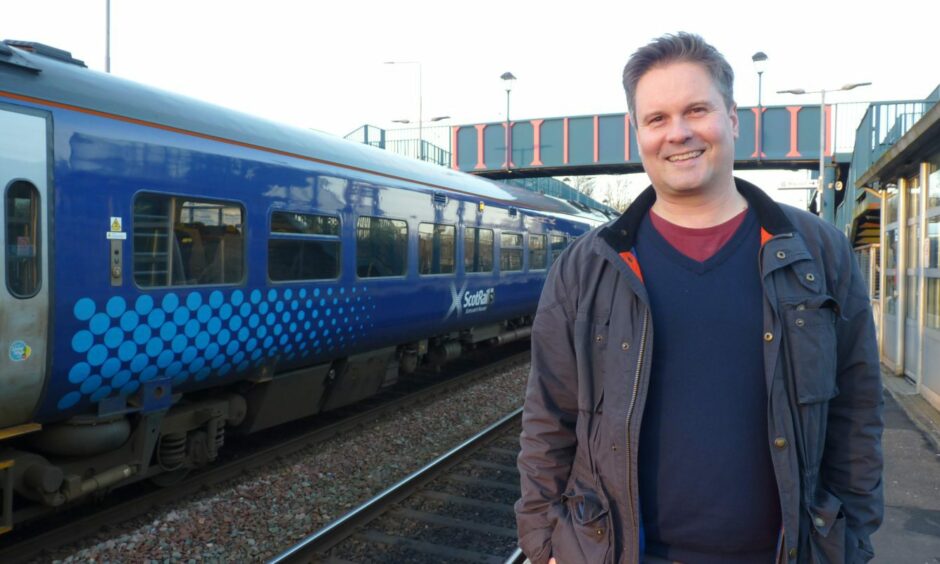
Almost a year on from the Scottish Government takeover of ScotRail, we asked Fife and Tayside commuters to reflect on what has been a shambolic 12 months.
Bosses at the nationalised rail operator say factors “outwith ScotRail’s control” have scuppered train services over the past year.
They highlight Covid-19 infections and the row between the RMT union and Network Rail.
That is in addition to driver shortages during a ScotRail pay dispute, which led to widespread cancellations and the introduction of a controversial temporary timetable.
But commuters are fed up of hearing excuses.
And they want Scotland’s rail service to match up to its counterparts in mainland Europe.
So what went wrong?
‘Hoping for better’
Dr Rwayda Al Hamd, 34, commutes from Stirling to her job as a university lecturer in Dundee.
“I was hoping that nationalisation would mean the service would be improved and train commuting would be more affordable. I’ve been disappointed,” says Rwayda.
Meanwhile, Rwayda says rail travel needs to be made cheaper as an incentive to leave the car at home.
“Right now, it’s still cheaper to drive my car than it is to commute by train.”
A sign of improvement?
Over the past year, less than half the trains that arrived at Dundee station were on time.
However, according to ScotRail’s latest figures, more than nine out of 10 trains arrived on time over the last two months.
Is it a sign that things are getting better?
Malcolm Jack, 45, commutes from Dunfermline to Edinburgh.
“Overall I think ScotRail have done well so far regarding a far more reliable timetable,” he says.
He backs the move to nationalise Scotland’s trains but wants to see ScotRail invest in better infrastructure.
“The major gripe I have is the lack of carriages, the overcrowding and the very aged rolling stock.
“I am longing for a time in the future when we can have the same experience as those in London and in continental Europe.”
‘Packed in like sardines’
Overcrowding was recently raised at Holyrood by Cowdenbeath SNP MSP Annabelle Ewing.
She said Fife passengers were being “packed in like sardines”.
According to ScotRail figures, passenger numbers are nearly three quarters what they were before the pandemic.
So ScotRail now has the challenge of providing capacity amid ever changing travel habits.
Trains are no longer at their busiest at peak commuter times, with Fridays and Saturdays the most popular travelling days.
David Simpson is ScotRail’s service delivery director.
He describes the nationalisation of ScotRail as “an important moment” for Scotland’s Railway.
“While there has been challenges during the past year, it’s really positive to see passenger numbers continuing to grow and strong levels of punctuality in recent months.
“Everyone across Scotland’s Railway works tirelessly to deliver a safe, reliable, and robust service for our customers, and we’ll continue to work flat out to deliver the service they expect and deserve in the weeks, months, and years to come.”

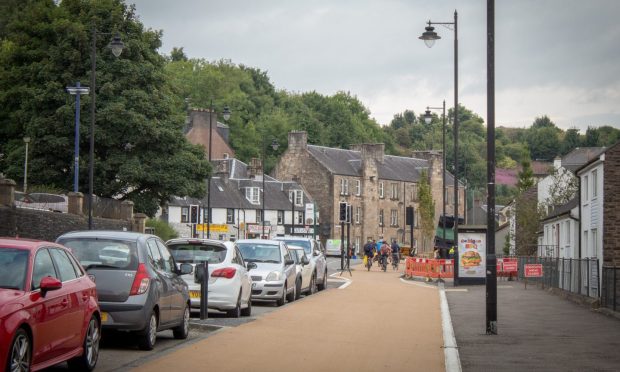



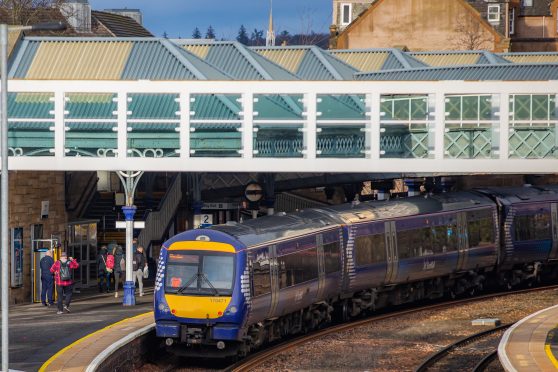
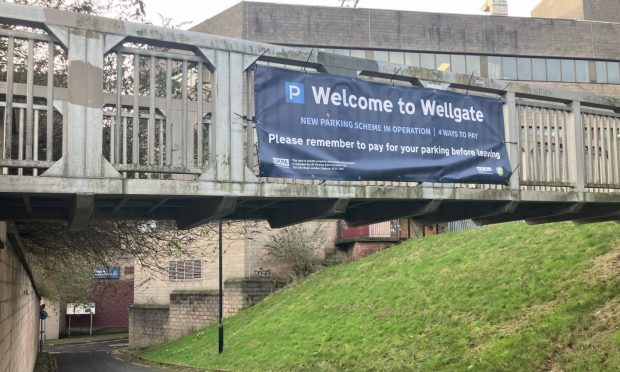
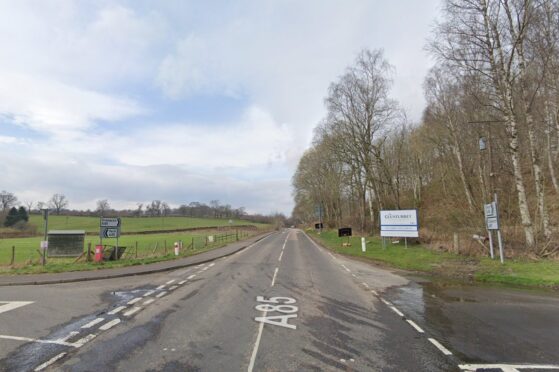
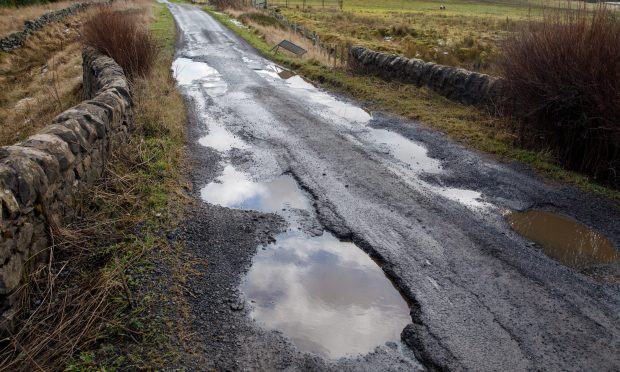
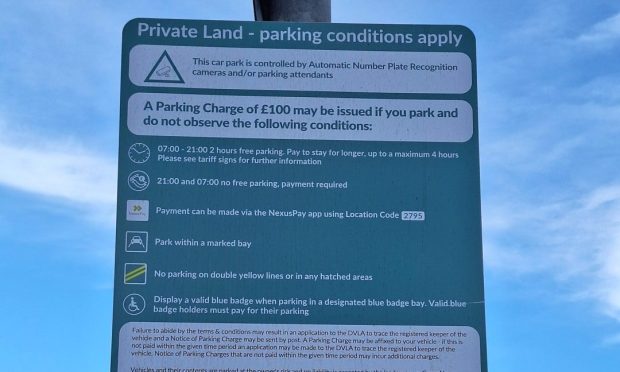
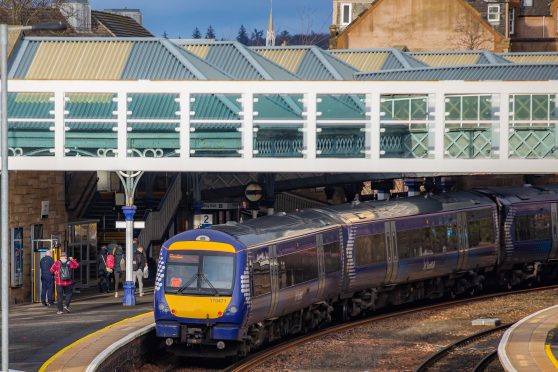
Conversation